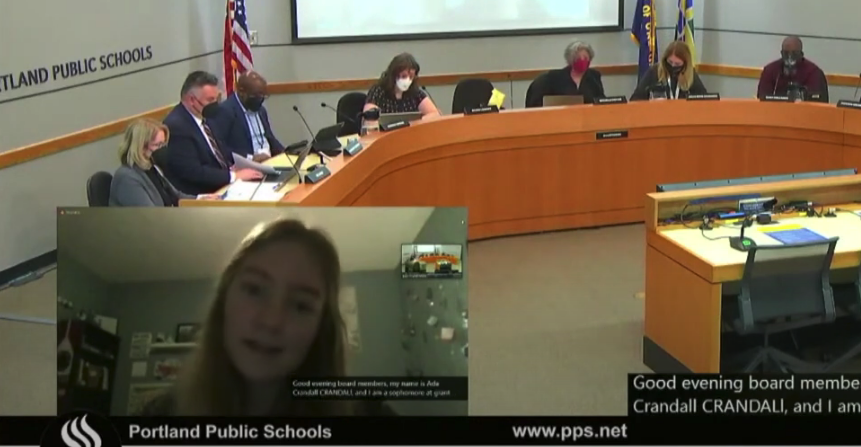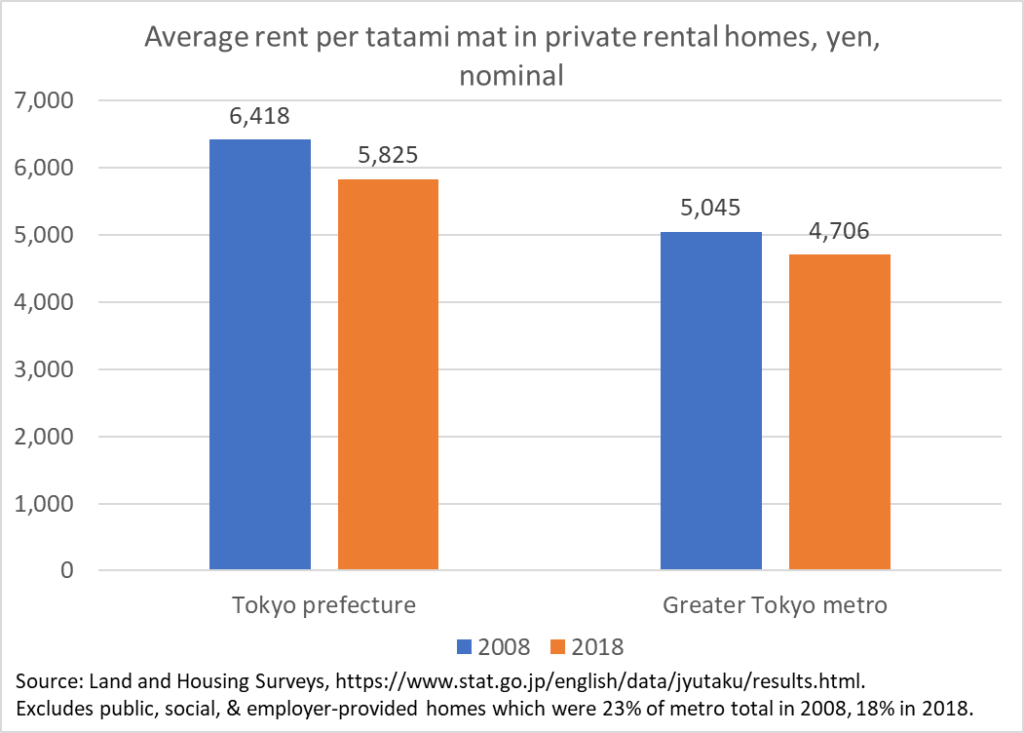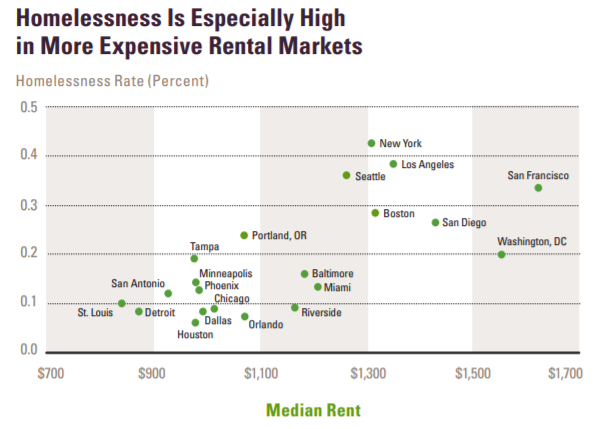What City Observatory did this week
Why Portland shouldn’t be moving elementary and middle schools to widen freeways. We’re pleased to publish a guest commentary from Adah Crandall, a high school sophomore and climate activist, who recently testified to the Portland School Board in opposition to move two schools to accommodate the Rose Quarter I-5 freeway widening project. Crandall and others have been protesting the project weekly at Oregon Department of Transportation headquarters in Portland, and spoke out against the project’s impact on school kids:
As a former Tubman student, I know the pollution at Tubman is dangerous- no students should have to worry about if the air they’re breathing at recess will one day cause asthma or lung cancer. But the decision to move the school rather than fight the freeway expansion follows the same short- sighted line of thinking that started the climate crisis in the first place. Yes, you can move student’s away from the direct threat of pollution, but you cannot move them away from the life of climate disasters they’re inheriting as a result of your decision to support fueling this crisis without making ODOT even study the alternatives.
Crandall invoked the school district’s own anti-bullying policy, urging them not to be bullied by the Oregon Department of Transportation, and instead, to stick up not only for the interest of their students, but for the district’s professed interest in fighting climate change.
Must read
Housing supply and rents in Tokyo: 20 percent more apartments = 10 percent lower rents. Tokyo is one of the world’s largest and densest cities, and surprisingly, has relatively affordable housing. And recent data suggest that the city has managed to expand its housing supply and lower rents. The following charts were prepared by Urban Futurist.info and posted on Twitter, and are based on Japanese statistics. Between 2008 and 2018, nominal rents per tatami mat (a Japanese metric for expressing home size, notionally similar to rooms) fell from about 6,400 yen to 5,800, a decline of almost 10 percent. At the same time, the total number of privately rented apartments in the Tokyo Prefecture increased by almost 20 percent, from 2.2 million to 2.7 million.
Unlike US cities, Tokyo has land use laws which readily allow increased density in urban areas, making it easy to increase housing supply where there is demand. The result seems clear: allowing more housing to be built causes rents to decline.
Road Warriors: Climate concerns collide with freeway widening plans in Portland. Bloomberg’s Laura Bliss offers an in-depth exploration of the controversy brewing in Portland over plans to widen the I-5 freeway at the Rose Quarter. (Our lead commentary is authored by Adah Crandall, who’s profiled in the CityLab article.) It’s not just a local battle: around the country, state highway departments are dusting off long dormant highway expansion plans, thanks in no small measure to the availability of billions of additional federal dollars as part of the new infrastructure law. Those projects are colliding head on with the climate pledges that states and cities have made. Transportation is now the largest source of greenhouse gas emissions in the US, and the phenomenon of induced demand means that additional roadway capacity not only fails to alleviate congestion, but it adds to vehicle travel, and increases greenhouse gas emissions. Young climate advocates in Portland have clearly grasped the connection between wildfires and 117 degree days and ODOT’s plans to widen freeways, and they’re calling political leaders to account for the generational inequity of these projects.
What causes homelessness: Drug abuse or housing shortages? Michael Schellenberg’s popular new book “San Fransicko: Why progressives ruin cities” tries to make the case that drug abuse and decadent and permissive policies, not housing shortages, are behind the rise of homelessness in many western cities. It’s a provocative hypothesis, and there’s little question that drug addiction is correlated with homelessness, but Ned Resnikoff of The University of California San Francisco’s Benioff Homelessness and Housing Initiative deeply disputes Schellenberg’s thesis. Resnikoff offers a thoughtful critique of the book, and digs deep into several key studies underlining the correlation between housing costs and homelessness. For example, he points to this from the Harvard Joint Center of Housing Studies:
There’s little question that the causes, and solutions for homelessness are complicated. And, as Resnikoff emphasizes the relationship between drugs and homelessness is bi-directional: those troubled by drug addiction are more vulnerable to homelessness; those who lose their housing are more susceptible to drugs. Trying to claim that housing availability and housing costs aren’t the root problem doesn’t bring us closer to a solution.



